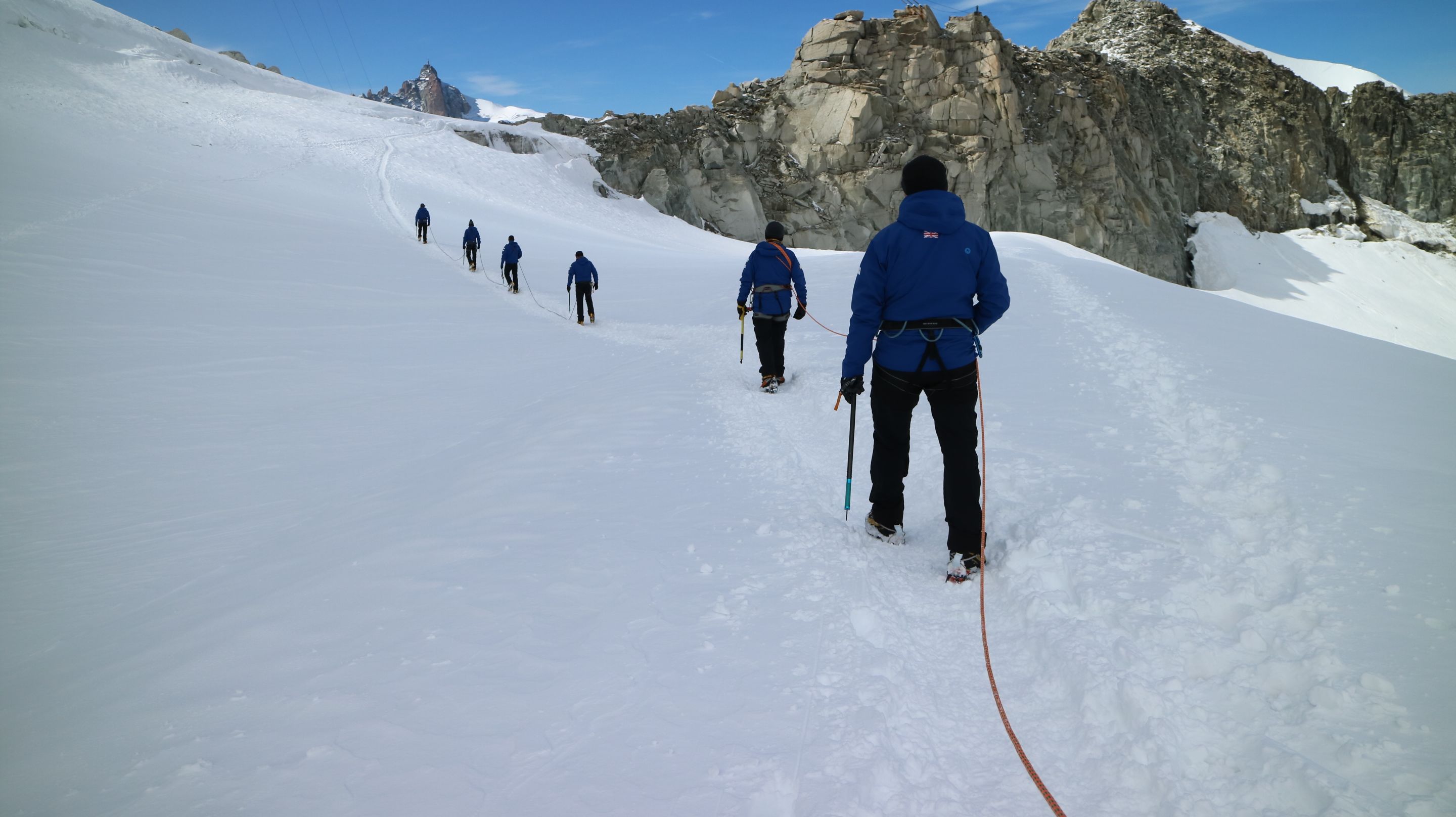Aconcagua 2018
Published Monday, 1st January 2018The Roof of the Americas
In January 2018 65 Degrees North set out to summit ‘The Roof of the Americas’
Aconcagua, is the highest mountain in South America, North America and outside of the Himalaya (Asia), by extension, the highest point in both Western and Southern Hemispheres.
Its name originates from the Quechua Ackon Cahuak and translates as ‘Sentinel of Stone’.
Aconcagua has two summits – north and south, connected by a treacherous ridge that is about a kilometre in length. It dominates the skyline to the East of Santiago, and is visible from the Pacific coast over one hundred miles away!
Located in the infamous ‘Andes’ Mountain range, Argentina, its height climbs to a staggering 22,841ft (6962 metres)
It is one of the 7 Summits that is second highest only to Mt. Everest and is notoriously difficult to summit due to its extreme and changeable weather patterns. The ferocity of its snow and wind storms and the feared electrical storms are all well documented.
Success rates on the mountain are not high. The sheer scale and altitude combined with its savage weather conditions, with summit temperatures dropping to below -30°c, will challenge and test the team to their absolute limit.
Aconcagua is known to the native people as ‘Death Mountain’.
It has claimed the lives of climbers for many years and its unpredictability is unquestioned. Reaching the summit is only half the challenge though, as descending Aconcagua is as treacherous as its ascent.
It was a mammoth task and one of the toughest challenges the team have faced but every one of them gave it their very best!
**Funded by HM Treasury Using Libor Funds

“This extreme challenge has given me the focus and motivation I need to push myself physically and is having a huge positive impact on my mental health and well-being” ~ Jason Gillespie
Cookie policy
